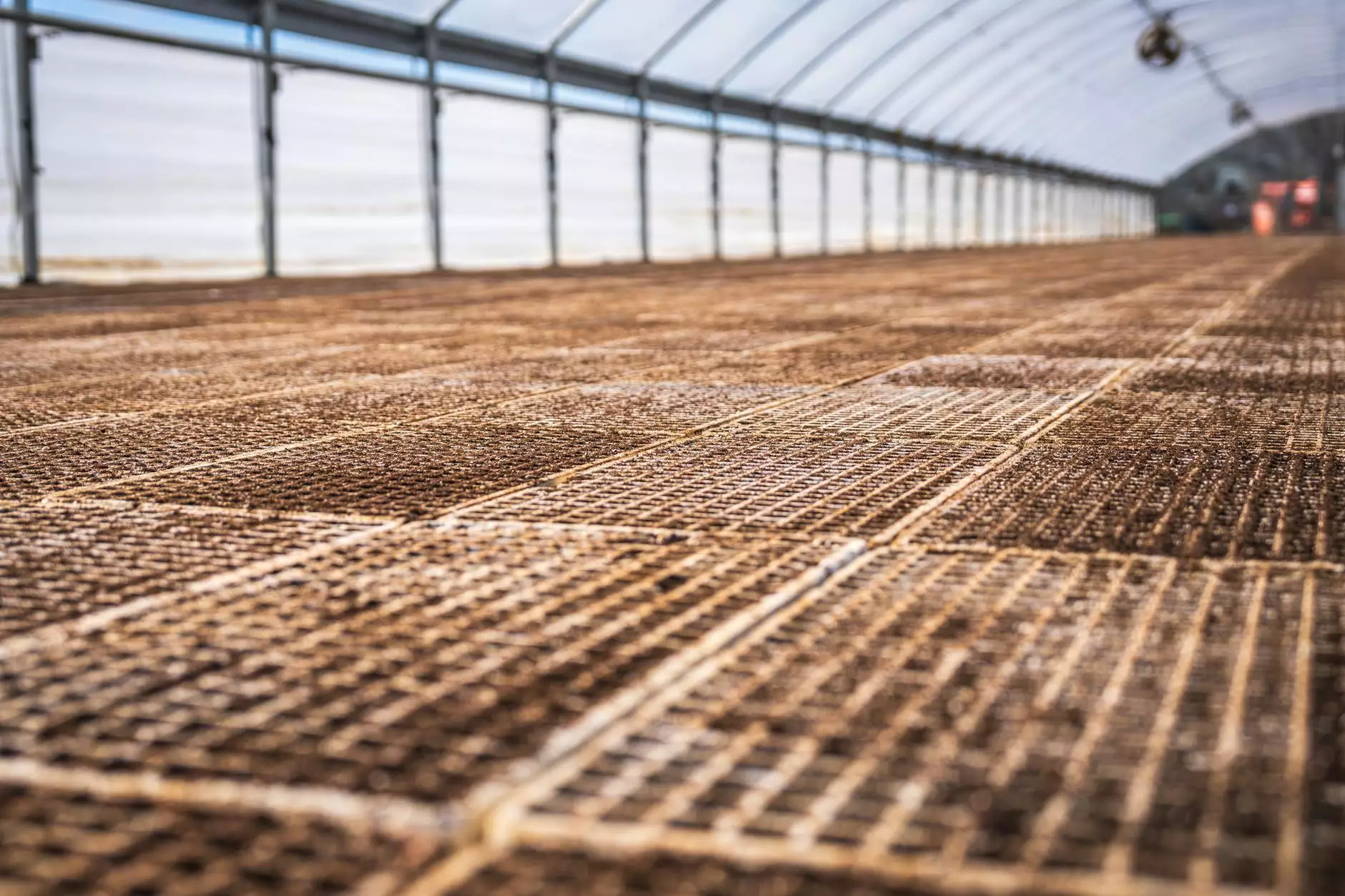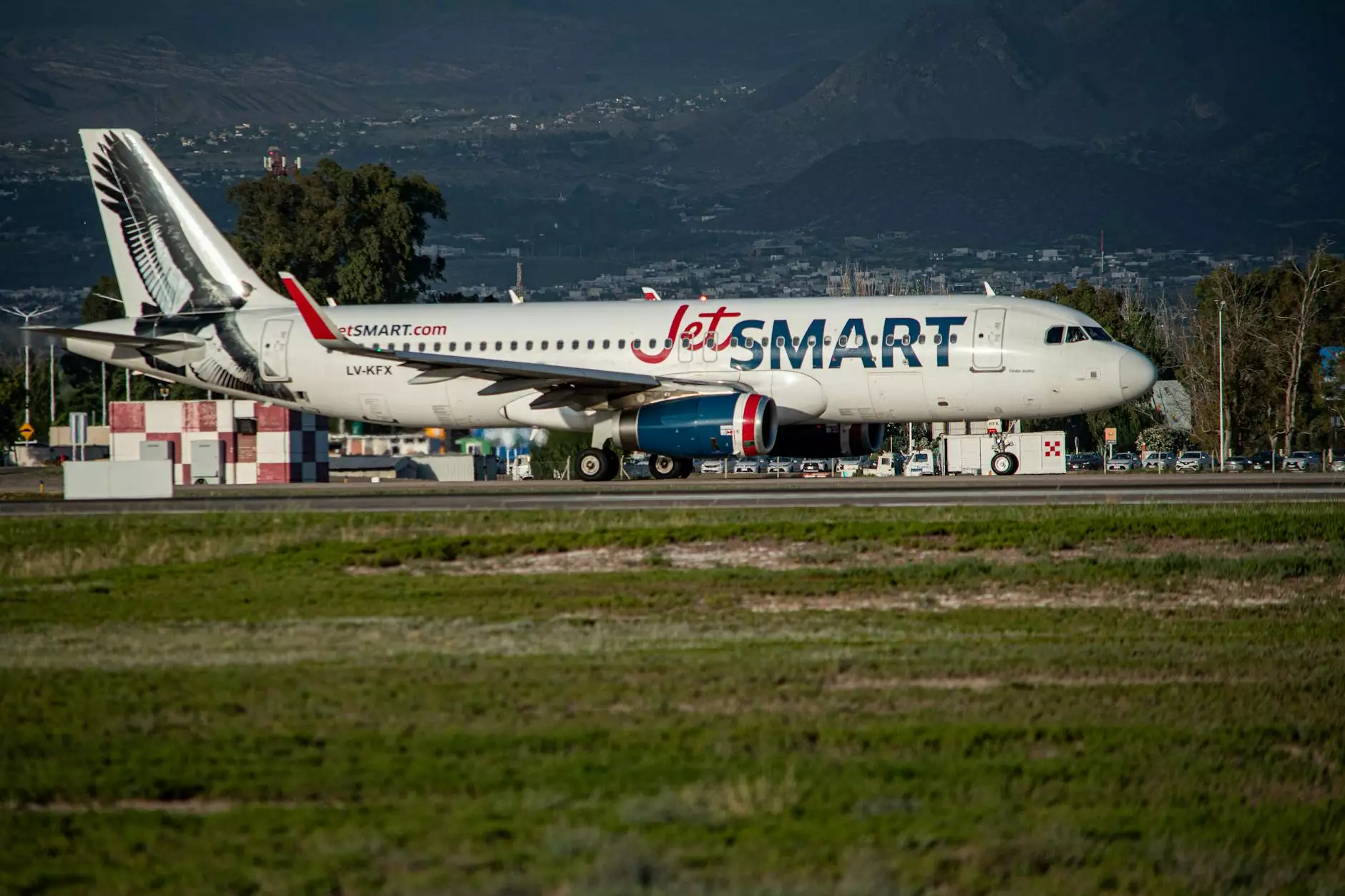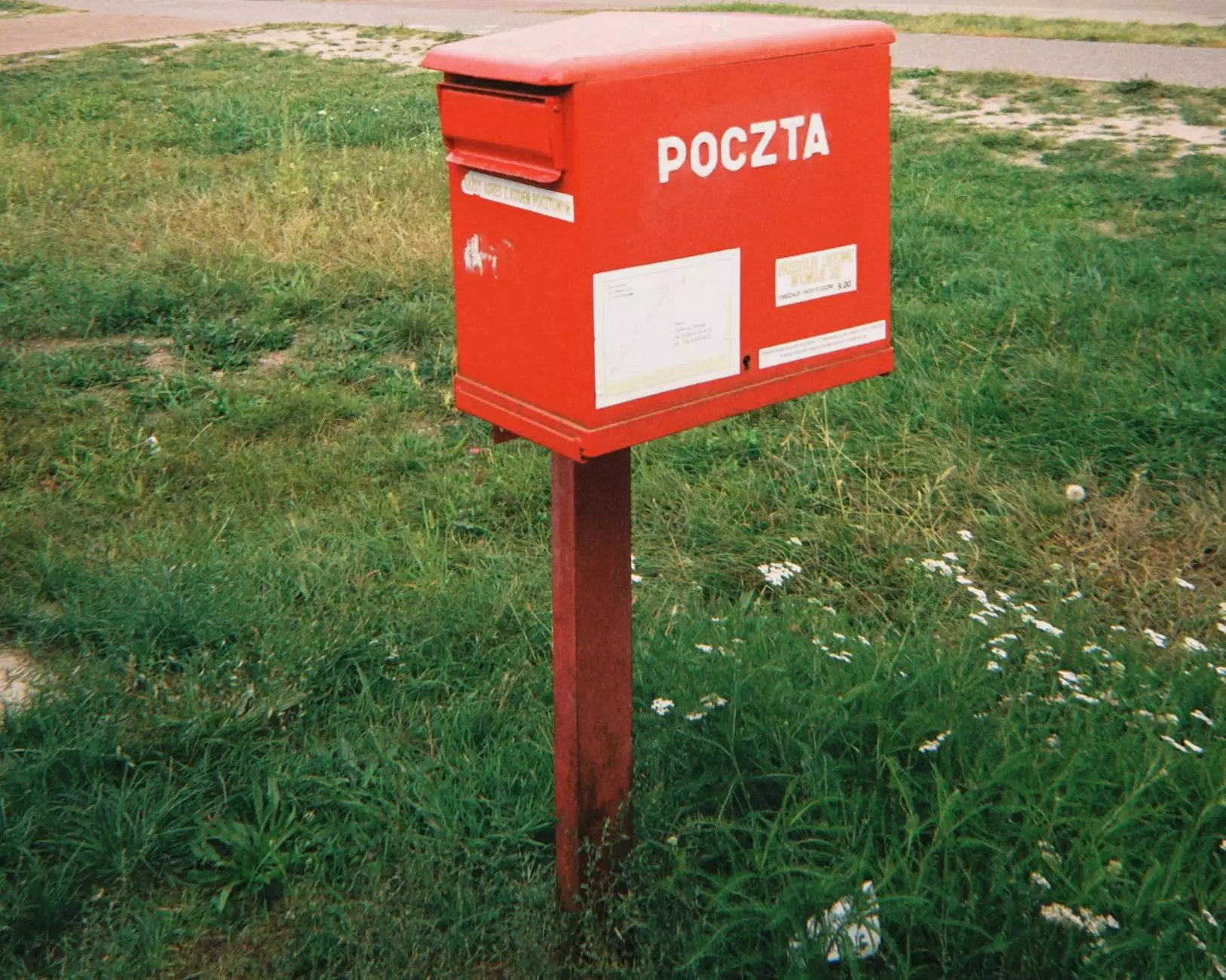Exploring the Business of Sugar in Brazil

The Sugar Industry: A Sweet Overview
Brazil is renowned for its *abundant resources* and exceptional contributions to the global sugar market. As the world's largest producer and exporter of *sugar*, the country is a powerhouse in this critical agricultural sector. With a vibrant sugar industry, Brazil stands at the forefront, offering immense opportunities for stakeholders ranging from farmers to large corporations.
Understanding Sugar Brazil: The Production Process
The production of sugar in Brazil involves a multi-step process that begins with the cultivation of sugarcane. Brazil's climate provides the perfect conditions for sugarcane growth, enabling farmers to produce *high-quality cane* that yields rich, sweet sugar. The process is intricate and requires careful attention to detail. Here is a breakdown of the sugar production process:
- Planting: Sugarcane is generally planted in the wet season to take full advantage of rainfall for optimal growth.
- Harvesting: When the cane is ripe, it is harvested either manually or mechanically, depending on the region and available technology.
- Processing: The harvested cane is then crushed to extract juice, which is clarified and then evaporated to form sugar crystals.
- Refining: The raw sugar is further refined to produce white sugar, which is what most consumers recognize.
The Economic Impact of Sugar Brazil
The economic significance of the *sugar industry* in Brazil cannot be understated. This vibrant sector contributes to the country's economy through job creation, exports, and rural development. The following are key points highlighting the economic impact:
- Employment: The sugar industry provides direct and indirect employment for millions of Brazilians, supporting families and communities.
- Export Revenue: As a leading exporter, Brazil generates substantial revenue from sugar exports, significantly boosting its economy.
- Rural Development: The industry plays a crucial role in the development of rural areas, providing infrastructure and access to technology and markets.
Environment and Sustainability: The Future of Sugar Brazil
The future of sugar production in Brazil is increasingly focused on sustainability. Many producers are adopting eco-friendly practices to minimize environmental impact. Here are some sustainable practices that are being implemented:
- Agroecology: Utilizing agroecological methods to enhance soil health and biodiversity.
- Water Management: Implementing strategies for efficient water use to reduce waste and support irrigation.
- Renewable Energy: Utilizing sugarcane waste as a source of bioenergy, thus lowering dependence on fossil fuels.
Challenges Facing the Sugar Brazil Industry
Despite its successes, the sugar industry in Brazil faces *numerous challenges*. These range from changing global market dynamics to local regulations. Understanding these challenges is essential for anyone looking to invest in or engage with this industry:
- Market Competition: Brazil faces competition from other sugar-producing countries, which can affect export prices and market share.
- Regulatory Pressure: The industry must navigate local and international regulations related to environmental impact and fair trade.
- Climate Change: Changes in weather patterns can affect crop yields and overall production levels.
Why Choose Sugar Brazil as Your Supplier?
For businesses looking to source sugar, choosing a Brazilian supplier can be a strategic advantage. Here are compelling reasons to consider Brazilian sugar suppliers:
- Quality Assurance: Brazil is known for its high-quality sugar production, ensuring that buyers receive top-tier products.
- Reliable Supply: With vast agricultural lands dedicated to sugarcane, Brazilian suppliers can offer consistent and reliable product availability.
- Competitive Pricing: The scale of Brazil's production allows for competitive pricing, making it an attractive option for bulk buyers.
Conclusion: The Sweet Future of Sugar Brazil
The future of the sugar industry in Brazil looks *promising*. With its rich resources, commitment to sustainability, and economic significance, Brazil will continue to play a vital role in the global sugar market. For businesses seeking high-quality sugar, partnering with Brazilian suppliers from domains such as brazilsugartopsuppliers.com may provide significant advantages. As the market continues to evolve, staying informed and connected with industry leaders can pave the way for success in the sweet world of sugar.









